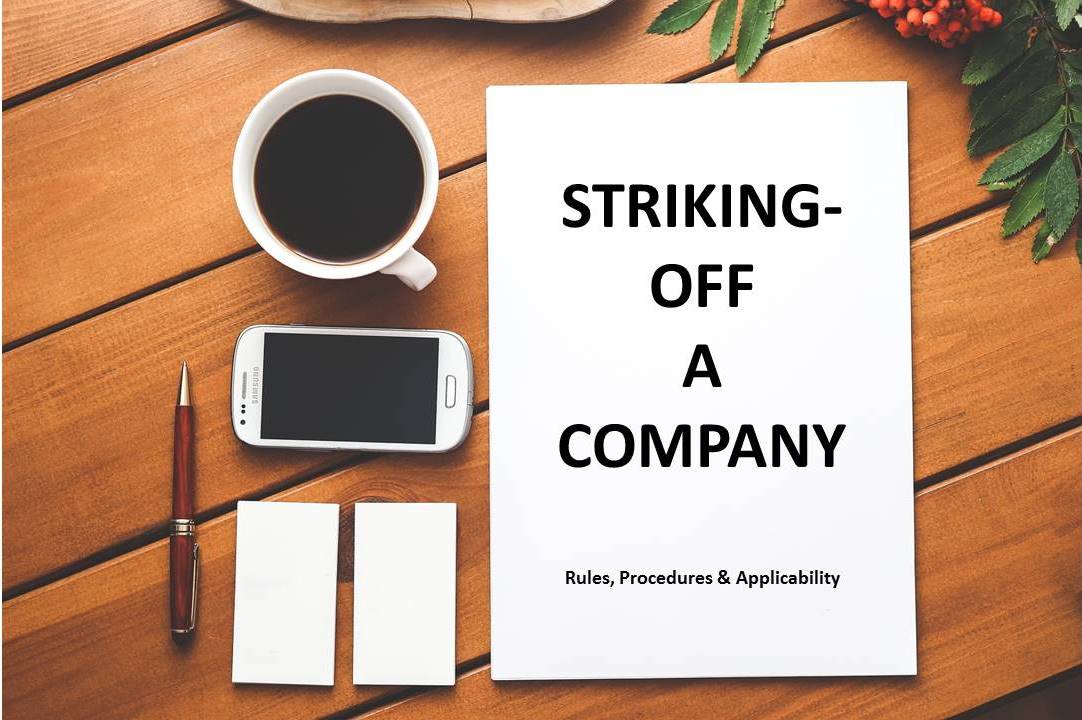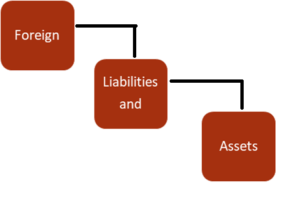Understanding Company Strike-Off: Eligibility, Restrictions, and Consequences
Incorporating a company is a major decision for entrepreneurs, but sometimes, closing it down is equally important. A company can be struck off (i.e., removed from the register of companies) if it is no longer required. However, there are specific rules and regulations regarding when and how this can happen. Here’s an overview of the eligibility, restrictions, and consequences associated with striking off a company:
1. Eligibility for Company Strike-Off
Before a company can be struck off, certain conditions must be met. Typically, only inactive or dormant companies can apply for a voluntary strike-off. The following companies are eligible:
- Inactive or Dormant Companies: Companies not carrying on any business or operations for a specified period (usually two years).
- No Outstanding Liabilities: The company must not have any unpaid debts, loans, or liabilities.
- No Legal Proceedings: The company should not be involved in any ongoing legal disputes or litigation.
2. Companies Not Eligible for Strike-Off
Under certain circumstances, companies cannot be struck off. Here’s a list of such cases:
- Ongoing Legal Proceedings: A company that is involved in any legal disputes cannot be struck off until those issues are resolved.
- Outstanding Liabilities: If there are unpaid debts, loans, or liabilities to creditors, the company cannot be struck off.
- Regulatory Violations: A company that has violated regulatory obligations or failed to comply with government requirements cannot be struck off.
- Active Business Operations: A company that is carrying on active business operations cannot be struck off.
- Non-Filed Financial Returns: If the company has failed to file financial statements or annual returns for several years, it needs to resolve this before applying for strike-off.
- Insolvency or Bankruptcy: A company undergoing insolvency or declared bankrupt cannot be struck off until the process concludes.
- Fraud or Misconduct: Companies involved in fraud, misconduct, or unlawful activities cannot be struck off until the investigations are concluded.
- Pending Taxes: If the company has unpaid taxes or dues, it cannot be struck off.
- Charge on Assets: If a company’s assets are encumbered by a charge (e.g., a secured loan), the charge must be cleared before it can be struck off.
- Under Investigation: Companies under investigation by regulatory authorities cannot be struck off until the investigations are completed.
3. Compulsory Strike-Off: Reasons
Certain conditions can lead to a compulsory strike-off by the regulatory authority. The company may face this action for the following reasons:
- Failure to File Annual Returns or Financial Statements: Continuous non-filing of statutory returns (annual returns or financial statements) can result in a compulsory strike-off.
- No Business Activity: If the company hasn’t conducted any business operations for an extended period (e.g., 2+ years).
- Failure to Maintain a Registered Office: If the company fails to have a valid and verifiable registered office, it may face strike-off.
- Non-Payment of Fees or Penalties: A company failing to pay regulatory fees, fines, or penalties imposed by the government could face strike-off.
- Fraudulent or Illegal Activities: Companies involved in fraudulent, illegal, or unethical activities may be struck off by government authorities.
- Court or Government Orders: A court or government authority may issue an order directing the company to be struck off.
- Dormancy: Companies that remain dormant without seeking voluntary strike-off may be subjected to compulsory strike-off after a period of inactivity.
4. Consequences of Company Strike-Off
Once a company is struck off, it ceases to exist as a legal entity. Here are the main consequences:
- Loss of Legal Status: The company is no longer a recognized legal entity and cannot carry out business activities.
- Freezing of Assets: Any remaining assets of the company may be transferred to the government or be frozen.
- Liability of Directors: Directors may still be held personally liable for any unpaid debts, penalties, or ongoing investigations.
- Restoration Options: In some jurisdictions, a company can apply for restoration within a specified time frame (usually 6-20 years) if it wishes to resume its operations.
Conclusion
Striking off a company can be a beneficial way to dissolve a business that is no longer in use, but there are specific criteria and processes involved. It is important to ensure compliance with all legal requirements and clear any outstanding issues before attempting to strike off a company. If you are considering striking off your company, it is advisable to consult a legal or financial expert to understand the best course of action based on your situation.
By Mohit




